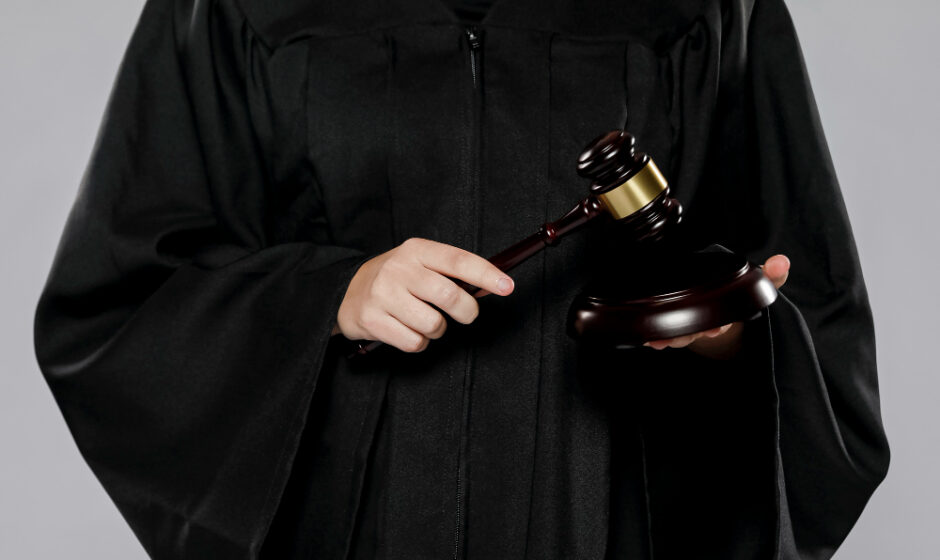BSB drops plan to enforce diversity duty on barristers following fierce opposition from Bar Council
The Bar Standards Board (BSB) has abandoned controversial plans to introduce a new core duty requiring barristers to actively advance equality, diversity and inclusion (EDI). The decision follows a wave of criticism from within the profession, including from the Bar Council, which warned the proposal was both unworkable and likely unlawful.
The dropped rule would have aligned barristers’ obligations more closely with those of solicitors, introducing a positive duty to promote EDI across the profession. However, after months of consultation, the BSB acknowledged the idea was too divisive and said it would not proceed.
Mark Neale, director general of the BSB, said the challenge lay not in ideology but in practicality. “Despite progress, there is still unequal opportunity to join and progress at the Bar for female barristers, barristers from minoritised backgrounds and disabled barristers,” he stated. “At root, this requires a change of culture. Such a change requires the support and active collaboration of the profession.”
Currently, the BSB Handbook only requires that barristers must not discriminate unlawfully. The proposed change would have gone further, creating a proactive obligation to foster equality. However, critics argued that it lacked clarity and risked creating confusion about what actions would fulfil the duty.
The Bar Council, representing practising barristers in England and Wales, led the opposition. Chair Barbara Mills KC said the proposals were “impractical to implement” and exposed barristers to potential legal challenge. “A change to core duty 8 would lack the clarity needed for barristers to be able to comply,” she said. “We welcome the BSB’s reflection on our concerns and the decision to maintain the current core duty – a clear and definitive duty not to discriminate.”
The BSB said it was encouraged by the level of engagement with its consultation and pledged to adopt a more collaborative approach in the future. Kathryn Stone OBE, chair of the BSB, praised the “quality and thoughtfulness” of responses from the profession, and suggested the board would now pursue its goals without a new legal duty.
Embed from Getty Images“The board has been impressed by the quality and thoughtfulness of the response to our consultation from the profession,” Stone said. “It underlines the scope for a collaborative, rather than rule-based, approach to achieve shared objectives.”
Although the rule change has been shelved, the BSB stressed that tackling inequality remains a priority. A new five-year strategy will be published, focused on breaking down barriers to entry, progression and retention for underrepresented groups. The plan will include mechanisms to monitor progress and may prompt further regulatory changes in future if necessary.
The initial proposals, unveiled last September, were designed to address disparities in earnings and advancement at the Bar. Data consistently shows that female, minority ethnic and disabled barristers are underrepresented and underpaid compared to white male colleagues. However, many within the profession expressed concern that a compulsory duty to ‘advance EDI’ would be difficult to enforce and potentially counter-productive.
Despite the disagreement over regulatory approach, both the BSB and Bar Council remain aligned in their commitment to improving diversity. Mills KC reiterated the Bar Council’s support for cultural change, saying: “We will engage fully in the development of the new strategy, drawing on our expertise in delivering programmes and initiatives on culture change at the Bar.”
The BSB’s decision to abandon the proposed duty reflects a growing recognition that change must be driven through collaboration rather than top-down mandates. For now, barristers will not face a formal obligation to promote EDI—but the pressure to improve the profession’s diversity record is far from over.





